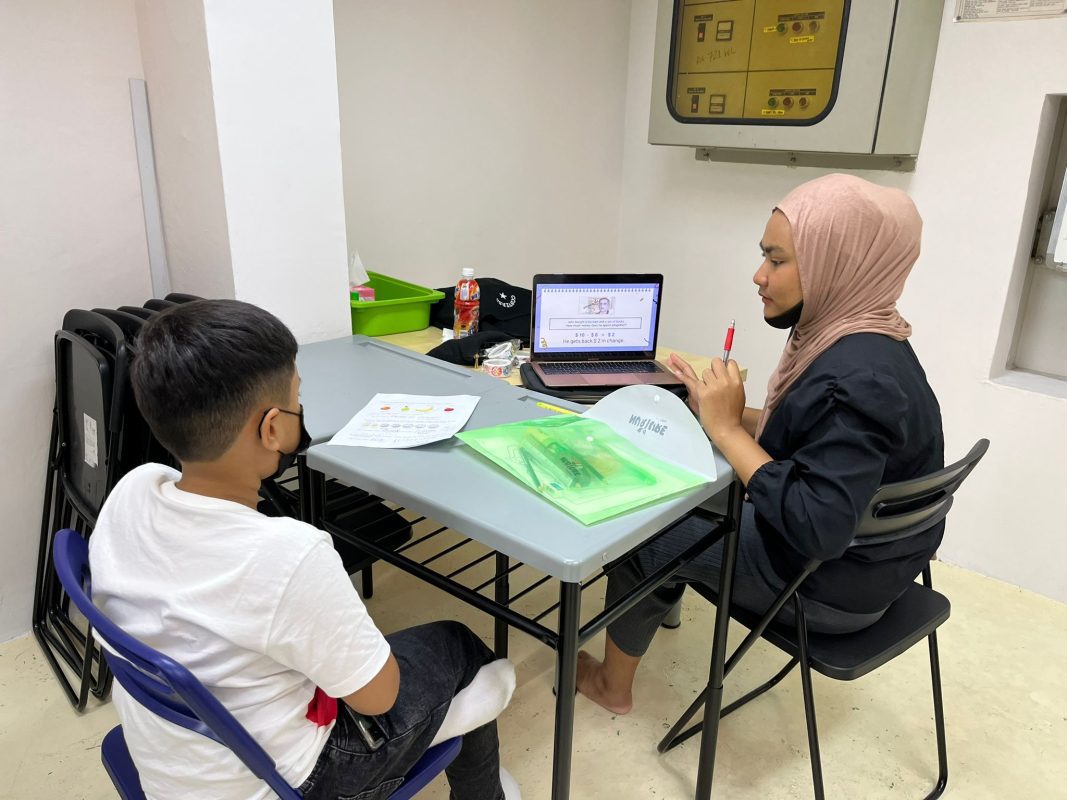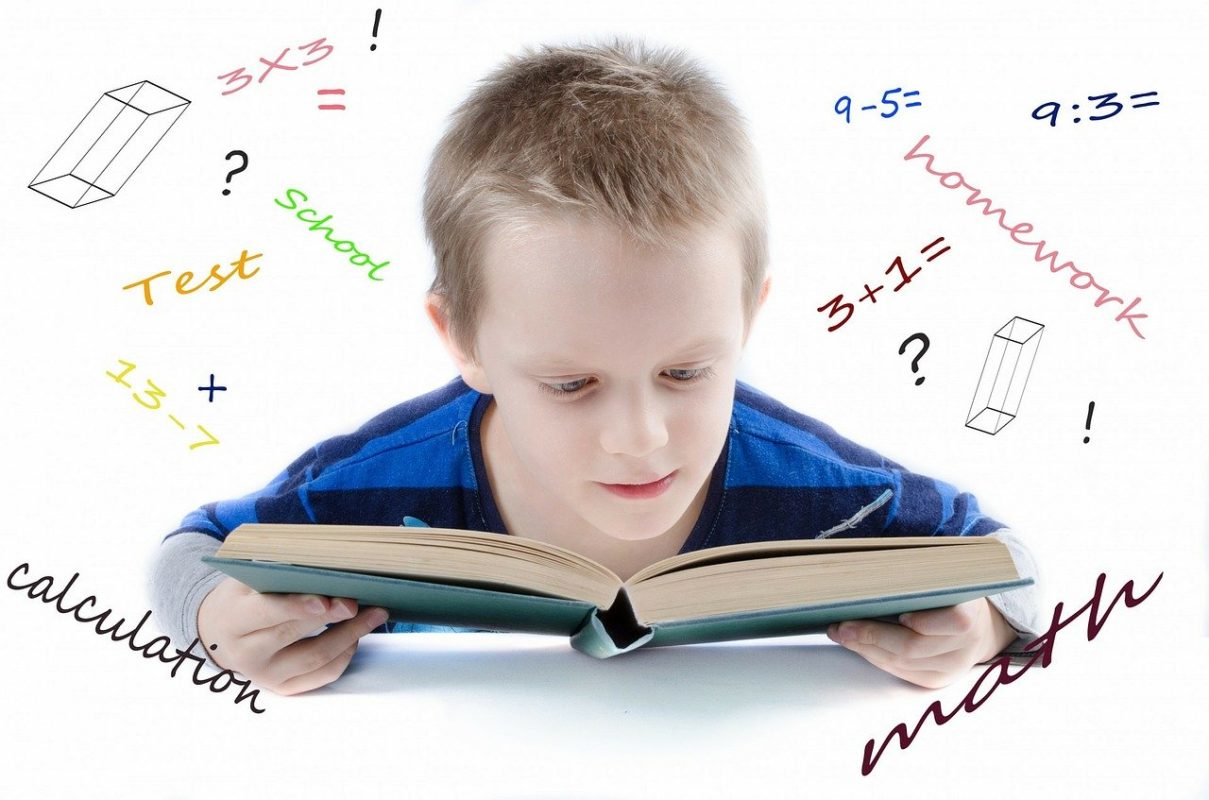Primary maths is an important subject for children in Singapore. It forms the base for more advanced maths and helps children develop critical thinking and problem-solving skills. By building a strong foundation in primary maths, students can handle future challenges with confidence. In this article, we’ll share simple and practical tips to help children succeed in maths.
1. Start with the Basics
To build a strong foundation, children must first understand the basics. This includes addition, subtraction, multiplication, and division. These operations are the core of primary maths. Parents and teachers should ensure that children are comfortable with these concepts before moving on to more complex topics.
Understanding place value (e.g., tens, hundreds) is also important. It helps children know the value of numbers and solve problems more effectively.
2. Make Maths Fun and Interesting
Many children feel nervous about maths because they think it is difficult. Making maths enjoyable can change this mindset. Use games, puzzles, or everyday activities like counting coins, measuring ingredients for a recipe, or telling the time.
Parents can also introduce apps and online games that teach maths through fun challenges. This makes learning less stressful and more exciting.

3. Practise Regularly
Maths requires consistent practice. Encourage your child to solve maths problems daily. Practice helps children remember what they have learned and strengthens their understanding.
Real-life applications, like calculating the cost of groceries or sharing food equally, help children see how maths is useful in daily life.
4. Use Helpful Tools and Resources
There are many tools and resources to support learning. Flashcards can help with memorising multiplication tables. Maths apps and videos explain tricky concepts in simple ways.
Visual aids like number lines, charts, and diagrams are great for breaking down complex problems. These tools make maths easier to understand for visual learners.
5. Master Word Problems
Word problems are a key part of primary maths in Singapore. They test both maths and reading skills. Teach your child to break down word problems into smaller steps:
- Read the question carefully.
- Highlight the important information.
- Decide which maths operation to use.
Practising word problems regularly will improve your child’s ability to solve them confidently.
6. Encourage a Growth Mindset
Mistakes are part of learning. Help your child understand that it’s okay to make errors and try again. Praise their efforts instead of just focusing on correct answers.
A positive attitude towards maths builds confidence and resilience. Children with a growth mindset are more likely to succeed in the subject.

7. Provide Guidance and Support
Parents and teachers play an important role in supporting a child’s learning journey. Be patient when explaining maths concepts, and offer help when they are stuck.
If your child needs extra guidance, consider enrolling them in maths tuition classes. In Singapore, tuition centres can provide personalised support to help children catch up or get ahead in maths.
8. Track Progress and Set Goals
Tracking your child’s progress can show how much they have improved. Keep a maths journal or review test results together to identify areas for improvement.
Setting small, achievable goals keeps your child motivated. For example, mastering multiplication tables within a week or solving a specific number of word problems daily.
Conclusion
Building a strong foundation in primary maths is essential for every child in Singapore. By focusing on the basics, making maths enjoyable, practising regularly, and offering support, parents and teachers can help children develop confidence and skills in the subject.
Remember, maths is not just about numbers. It’s about thinking, solving problems, and applying knowledge to real life. With the right guidance and a positive attitude, every child can succeed in maths.
By following these tips, you can ensure your child is ready to tackle primary maths and beyond!

Pingback: seo for counselors
Pingback: godzilla88 สล็อตเว็บตรง
Pingback: mijn hor
Pingback: 777
Pingback: amanita mushroom gummies
Pingback: 1win
Pingback: LSM789
Pingback: gubet
Pingback: LSMTHAI คาสิโนคนไทย
Pingback: ufabet789
Pingback: ทดลองเล่นสล็อต PG168
Pingback: pinco
Pingback: rybelsus 14mg for weight loss
Pingback: เช่ารถเครน
Pingback: clomid tablet
Pingback: mostbet apk
Pingback: แฟนเช่า
Pingback: essentials
Pingback: ufa11k
Pingback: เกมไพ่
Pingback: โคมไฟ
Pingback: las vegas seo
Pingback: sildenafil 100mg cost
Pingback: cialis 5 mg price
Pingback: sildenafil 100mg
Pingback: cialis 5mg cost per pill